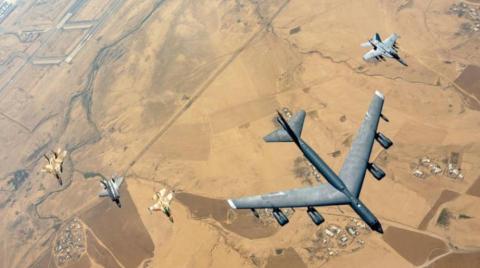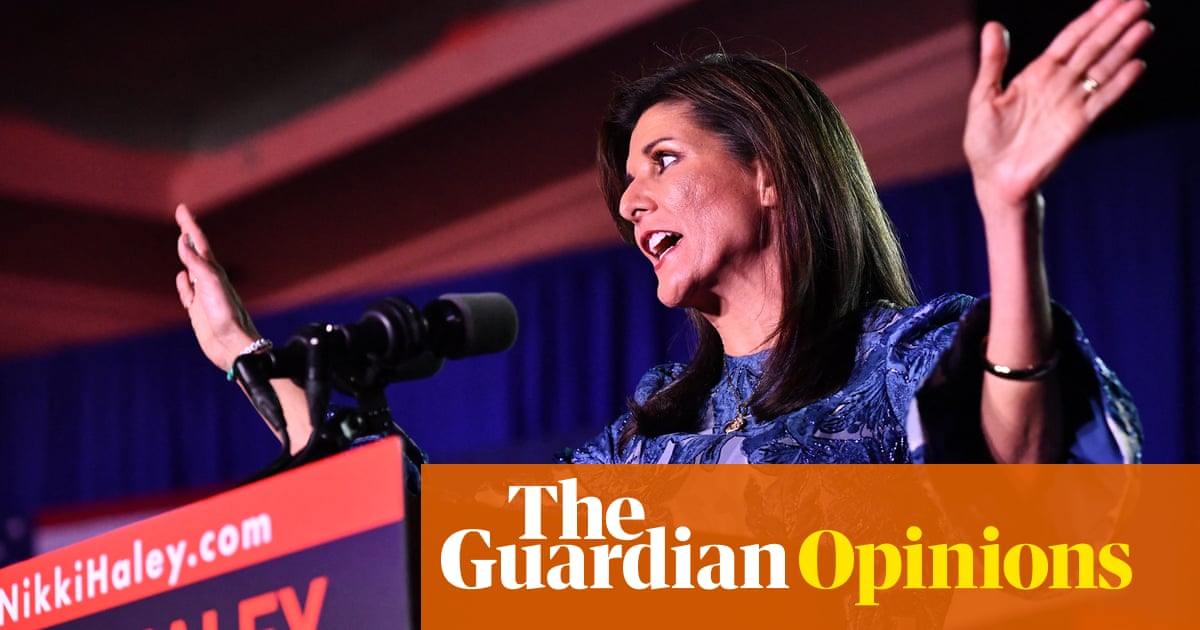
Analysts are questioning the assertions of President Joe Biden’s administration that returning to negotiations to revive the nuclear agreement with Iran was no longer a priority.
In fact, the US Administration has said that it was currently focusing on supporting popular protests in Iran, by exerting a pressure campaign with the aim of punishing regime officials. In parallel, the European Union recently announced a set of sanctions, including the possible designation of the Iranian Revolutionary Guard as a terrorist organization.
However, how can one explain the secret meeting that took place between US Envoy Robert Malley and Iran’s ambassador to the United Nations last week?
Some analysts say that Iran may have committed a “sin” by interfering in the Russian war against Ukraine, which may have ended the nuclear negotiations, knowing that Tehran had rejected previous “offers”, as confirmed by US and Western officials.
Analysts believe that the Iranian intervention may be a strategic “mistake” in Tehran’s calculations, as a result of a misreading of Washington’s position on the latest international developments in light of the Ukrainian war.
However, the Biden administration’s insistence on returning to the nuclear agreement, despite the division of Washington’s allies and partners, confirms the seriousness of this decision. Some believe that it will give Tehran more leverage to maintain its destabilizing policies in the region and the world, which is something that the Biden administration itself continues to warn about.
Richard Goldberg, a senior researcher at the Washington-based Foundation for Defense of Democracies said unless UN sanctions are re-imposed on Iran, the deal would remain on the table.
According to Goldberg, the most likely reason for Iran’s intervention in the Ukrainian war is the regime’s unwillingness to conclude any nuclear agreement. Instead it throws itself into the arms of Russia and China.
For his part, Patrick Clawson, a senior researcher at The Washington Institute, noted that claims that the deal was no longer a priority, does not mean that the US government would stop diplomatic efforts on Iran’s nuclear program.
In remarks to Asharq Al-Awsat, Clawson said that the US administration would maintain this diplomacy, adding that if the Iranians unexpectedly made a serious proposal about reviving the agreement, the Biden administration and the Europeans would discuss their next steps.











